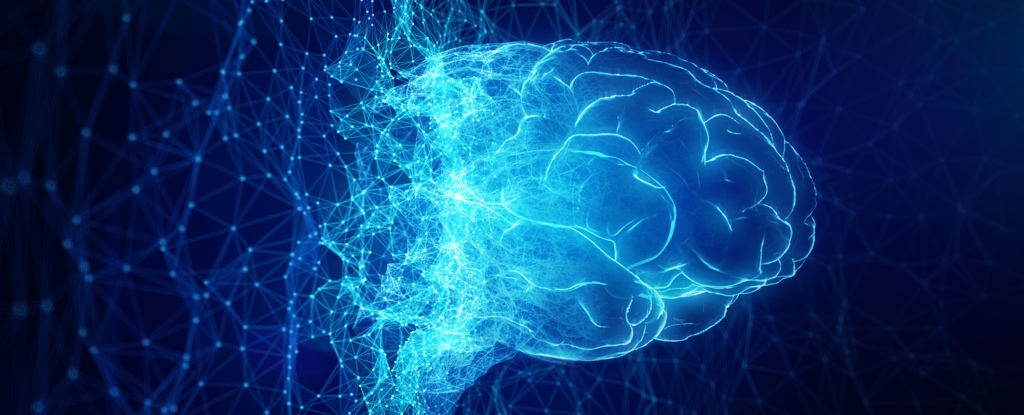
Recent tests show that the zone of uncertainty in the brain is encoding previous experiences in a special bidirectional way that hasn't been seen before.

Gentle jolts of alternating current to the brain restored the waning working memories of older adults (aged 60 to 76 years old) to performance levels seen in younger adults (aged 20 to 29)—at least for a little under an hour.

A professor from the University of Southern California has demonstrated the use of a brain implant to improve the human memory.

After a 30-year quest, a US professor has discovered the molecule that stores long-term memories. The discovery resolves one of the oldest mysteries in neuroscience — how do our brains create and retain long-term memories.

Different types of memories stored in the same neuron can be selectively erased, according to a new study by researchers at Columbia University Medical Center.

A new technique preps donor neural stem cells and grafts them into an older brain. Could it someday be possible to replace brain cells and restore memory?

A step has been taken toward the possibility of tuning the strength of memory by manipulating one of the brain's signaling memory mechanisms, a neurotransmitter called acetylcholine.